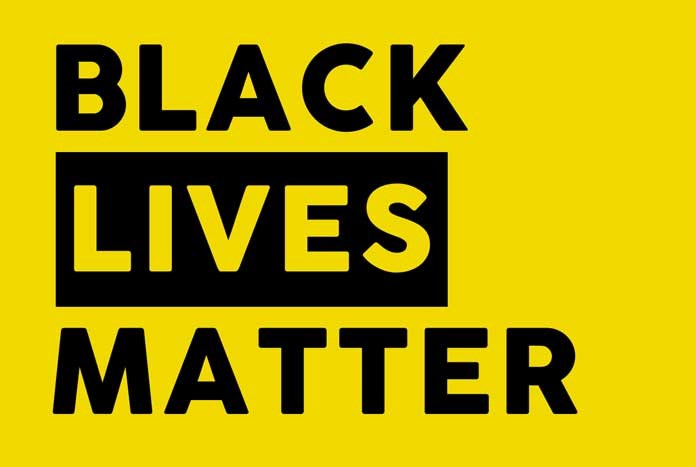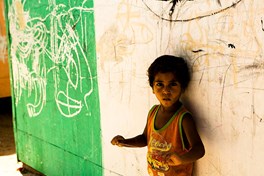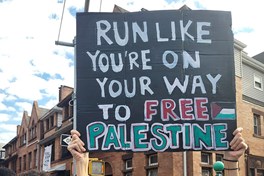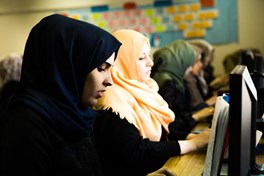On 14th July 2020, Amos’ Trustees discussed and welcomed this article by Amos’ On Her Terms lead Karin Joseph. Over the coming months we will be writing more about how we are responding to the issues raised.
— — — — — — —
“In a racist society, it is not enough to be non-racist. You have to be actively anti-racist.” Angela Davis
White supremacy is not only found in extreme acts of horrific violence such as the recent murders of George Floyd, Breonna Taylor or Tony McDade in the USA. Racism is insidious, and the reality is that we all operate within the structures of white supremacy.
“People often think that white supremacy is a term that is only used to describe far right extremists and neo-Nazis. Many white people hear the words ‘white supremacy’ and think, ‘that doesn’t apply to me’, that they don’t hold that belief but that they believe all of us are equal.
But white supremacy is an ideology, a paradigm, an institutional system and a worldview that you have been born into by virtue of your white privilege… the construction of whiteness as inherently superior to people of other races. […] Whether or not you have known it, it is a system that has granted you unearned privileges, protections and power… we must call a thing a thing.” Layla F Saad
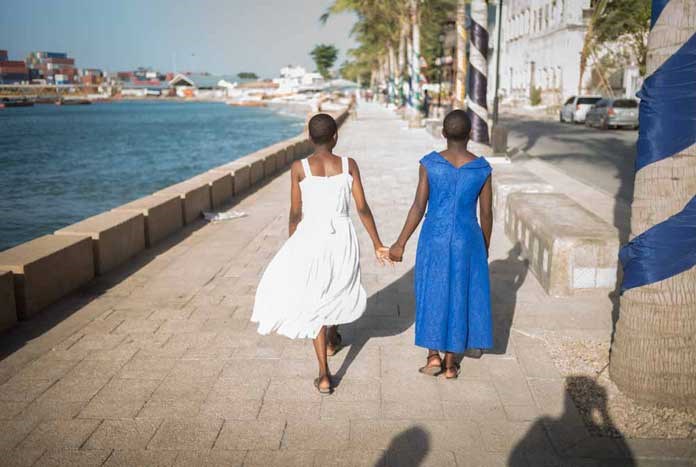
On Her Terms: Meeting children and young people on the streets, recognising the trauma they experience, working with their families, challenging negative perceptions and advocating for their rights.
For a human rights charity such as Amos Trust, whose roots and ideological heritage lie in the civil rights movement, it is essential that we recognise ourselves in this.
Amos’ founder Garth Hewitt heard Dr Martin Luther King speak at St Paul’s cathedral in 1964. Our name was inspired by Dr King’s use of the Hebrew prophet Amos’ call to “let justice flow like rivers”. We draw inspiration and direction from the liberation theology movements of resistance to injustice in the Global South*. These sources are one of the things that has always drawn me to Amos Trust and made me so glad to work there.
White supremacy is not only found in extreme acts of horrific violence such as the recent murders of George Floyd, Breonna Taylor or Tony McDade in the USA. Racism is insidious, and the reality is that we all operate within the structures of white supremacy.
In this global moment in the fight against racism it is vital that we look in the mirror at ourselves. We at Amos have to ask ourselves how we ensure that we are not only reading and quoting from the civil rights leaders, poets, musicians and writers we love — but, that our ways of working, mindsets and philosophy is continually challenged and provoked by them, and by the current situation.
As a white woman working in an international human rights organisation (a sector which has so far to go to improve representation), I need to do a lot of ongoing personal work. My whiteness has a huge impact in many of the work situations I find myself in, as I work closely with black and brown international partners.
While studying history at university, my eyes were opened (unacceptably late), to our country’s colonial legacy. I became acutely aware of the position I occupy as a privileged white British person who gets afforded far more power and credibility than I deserve simply because I am white. I do not claim any great learning in this, as I still have massive blind spots. I have so much ongoing learning (and unlearning) to do on the journey toward being anti-racist. I see it as a lifelong commitment, not one which is ticked off or completed by attending a course, reading a book, having a thought-provoking conversation, taking the knee in public or even toppling a statue.
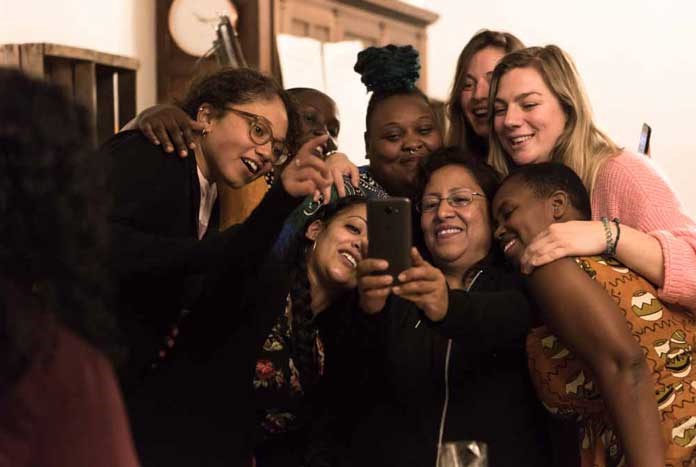
I remember a conversation in 2018 when we were sat with participants from around the world during our On Her Terms workshop, explaining Just Walk, and one participant commented, “wow, well you have a lot more countries you need to walk to!”
Recognising my privilege isn’t a radical act that deserves praise. I believe that it’s the bare minimum required of white people and it must be accompanied by action and the ceding of power. Too often, white guilt can paralyse people and lead to inaction, or lead to actions that are solely driven by guilt — and these are often counter-productive.
We at Amos have to ask ourselves how we ensure that we are not only reading and quoting from the civil rights leaders, poets, musicians and writers we love — but, that our ways of working, mindsets and philosophy is continually challenged and provoked by them, and by the current situation.
It is also not enough to simply acknowledge that Amos Trust is a majority-white team, currently with an all-white board, and predominantly white support base. We (our board and staff team), need to make sure that we act on this; not just because it is right to do so, but, because it will lead to a richer understanding and a stronger approach to our work.
What more can we be doing to ensure we challenge our own structures? Do we have uncomfortable conversations? Do we ask our partners how we could do better from their perspective? Do we look deeply enough at how we can give away more power, and transform our ways of working to pursue greater racial justice? Do the ways we work with, talk about, or visit our partners, need to change in any way?
Charities like Amos need to look at the colonial undertones of many international development initiatives originating in the Global North. Too often, the money, power and supposed ‘expertise’ is held here, meaning that decisions are taken by (often) white people at the expense of local knowledge. This is damaging, despite the ‘good intentions’, and is how white supremacy works in action. You can watch this story by Gilberto from CEPAD in Nicaragua which speaks directly of the effects of this approach on local communities.
At Amos, we seek to listen to our partners, and follow their lead; however, there are times when we’ve not listened enough. We have apologised for the historical injustices of Britain’s colonial past (in 2017 we walked to Jerusalem to apologise for the Balfour Declaration), and we call out the present-day impact of our Government’s actions (or inaction). But I remember a conversation in 2018 when we were sat with participants from around the world during our On Her Terms workshop, explaining Just Walk, and one participant commented, “wow, well you have a lot more countries you need to walk to!”
Recognising my privilege isn’t a radical act that deserves praise. I believe that it’s the bare minimum required of white people and it must be accompanied by action and the ceding of power. Too often, white guilt can paralyse people and lead to inaction, or lead to actions that are solely driven by guilt — and these are often counter-productive.
We must also seek to work with eyes wide open and be aware that Palestine, Nicaragua, India, South Africa, Burundi and Tanzania, were formerly colonised by Britain or another European power. We must always be aware that the legacy of colonialism (which affords us white privilege), unconsciously and consciously affects our relationships and must approach these relationships humbly, respectfully, and with genuine listening.
We must also seek to address the power imbalances that come with us funding our partners and recognise how this can negatively impact our relationships with them. A great starting point is to remind ourselves that we are not the experts.
Dr King said: “injustice anywhere is a threat to justice everywhere”. While Amos’ focus is on full equal rights for Palestinians, Climate Justice, and justice for young women on the streets, it is incumbent upon us to recognise that these sit within a far bigger picture of global injustices. It’s not enough for us to say “we work in Palestine so that’s the only issue we’ll campaign on”.
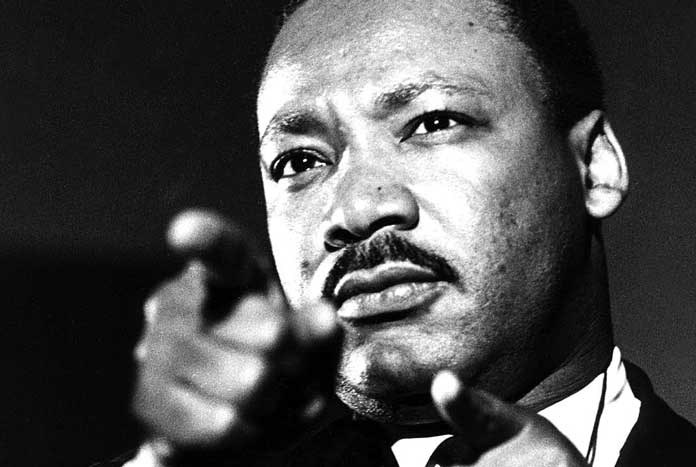
“Injustice anywhere is a threat to justice everywhere”. Dr. Martin Luther King Jr.
We so often find ourselves aligned with people fighting for the rights of other marginalised groups, because at the end of the day, we are all battling against the same global system — one which is characterised by white supremacy. Layla Saad and others argue forcibly that we have to recognise that white supremacy is in fact a global system that has been created over centuries. It is made up of trade and diplomatic relations, historical debt bills keeping certain countries poor, immigration policies, freedom of movement restrictions, discrimination against refugees, homophobia and transphobia, the enriching of global corporations at the expense of exploited workers (normally black or brown people) etc.
We must always be aware that the legacy of colonialism (which affords us white privilege), unconsciously and consciously affects our relationships and must approach these relationships humbly, respectfully, and with genuine listening.
As I look at the consequences of this I believe that we must take an ‘intersectional approach’ which recognises that people face overlapping injustices because of their class, race, gender, sexuality, ability, religion — and that the effect of these is cumulative. This means that almost always black and brown women and girls get the least opportunity and suffer most — a situation we find lived out every day in the lives of the girls and young women who are involved in our On Her Terms campaign.
If we are to be serious in journeying with these young women as they transform their lives, if we really believe in the urgent call for climate justice, then we must seek to dismantle white supremacy. And as Angela Davis said, “we have to act as if it were possible to radically transform the world. And we must do it all the time”.
— — — — — — —
* The term ‘Global South’ isn’t a geographical term, but is a way of grouping countries more along the lines of their economic development and/or historical experience of colonisation. For example, Palestine is included in the Global South despite being in the Northern Hemisphere.
Footnote:
If you would like to do some further reading, I’ve found these books really helpful.
- Me and White Supremacy:
How to Recognise your Privilege, Combat Racism and Change the World
Layla F Saad — Order now
- Natives: Race and Class in the Ruins of Empire
Akala — Order now
- Girl, Woman, Other
Bernardine Evaristo — Order now
- Why I’m No Longer Talking to White People About Race
Reni Eddo-Lodge — Order now
